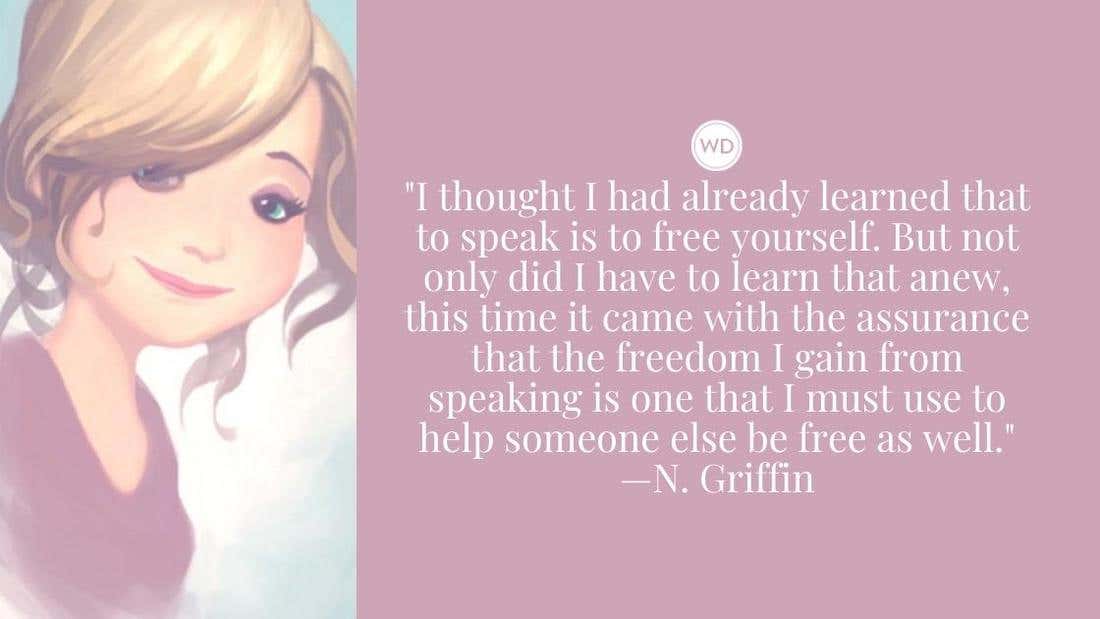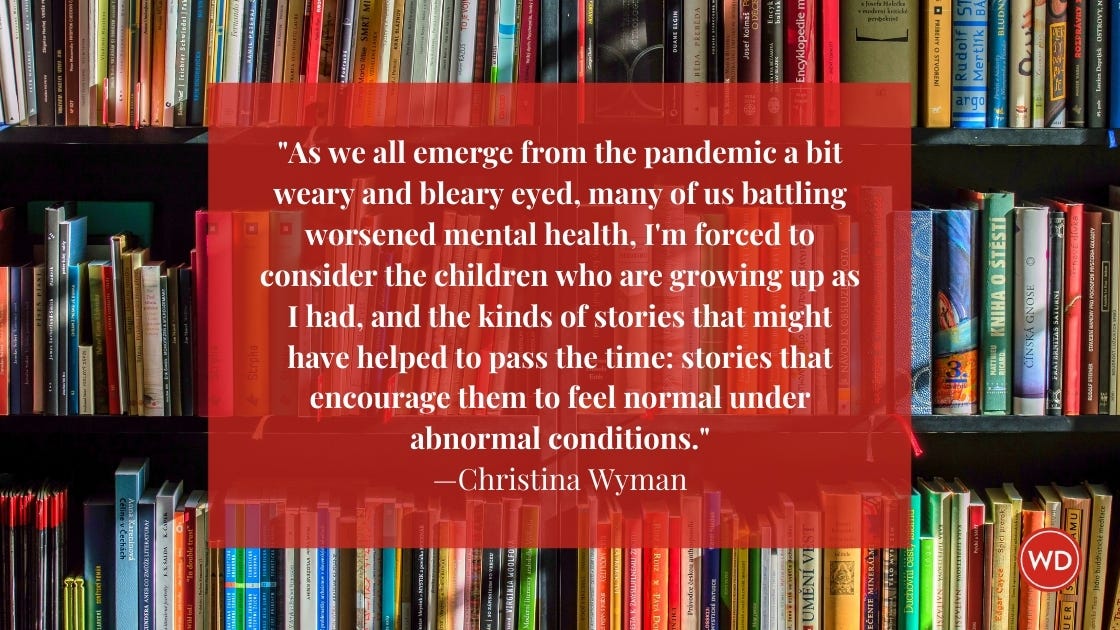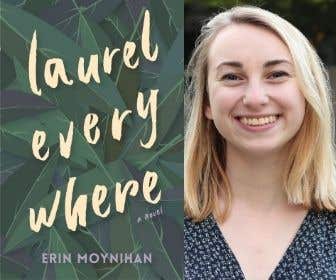Advice from Agent Steven Malk
Steven Malk of Writer”s House, who handles children”s book authors like Jon Scieszka and Elise Primavera, talks about the advantages of having an agent, offers tips on choosing one, and reveals what he looks for in a manuscript.
How do you maintain relationships with editors and get a feel for their tastes and interests?
That''s really important. I do have to get a feel for an editor''s personality and what she likes, further than "she likes to do novels." It''s something that''s learned; it takes a little while; it''s trial and error. I start to get a sense, the more I deal with an editor, of what she likes. If she buys something from me or if she turns something down, it''s all educational. Usually I start to see a pattern and get an idea of her taste. There are certain editors I work with more than others. I have a really good idea, if I have a certain type of project, who I''m going to send it to—if I have a young picture book as opposed to an edgy novel or a longer picture book.
Why should an author have an agent?
There are a lot of reasons. It''s different for every person. I don''t think it''s going to work for every single author necessarily. If you''re a control freak, you shouldn''t have an agent. You relinquish a certain amount of control of your career. You have to do a lot of research when you''re deciding if you want an agent. You should decide why you want an agent, and what you expect from an agent. You really have to find someone you like and trust. You should feel like you and your agent share a common vision.
An agent is going to be able to place your work, and not just place your work with a house, but place your work with the right editor and the right house. The response time is going to be quicker. I can say with a lot of confidence that the offer is going to be higher. And you''re going to have an expert negotiating your contract for you. Placing manuscripts is what agents do for a living. It''s our job to know what''s going on and who''s publishing what and how much money authors are getting.
The most important thing to keep in mind is that an agent is someone who''s working for you and is in your corner; he''s your advocate. Editors are ultimately working for their company, so as nice and friendly as they may be, it''s not in their best interest to get you a great deal.
Your agent is only going to be making money if you''re making money. With companies merging these days, editors are losing their jobs or changing companies. Even though an author-editor relationship might seem stable, you never know when it''s going to end or change. Having an agent, someone you know and trust, someone who''s working for you and is in your corner no matter what, is extremely valuable.
If a writer is unpublished, will it be just as difficult to find an agent as it is to find a publisher, generally?
It can be really hard to find an agent. You have to do your research. All agents are different. I''m not the right agent for everyone. I have my own style—everyone has his own style—so you have to do your homework. Some agents are biased against first-time authors and don''t really want to take them on. I love to work with first-time authors. I don''t care if someone''s published 60 books or none.
What makes you excited about a manuscript when you read it?
It''s hard to define—it''s my instincts. Some might look at a manuscript and think about what niche it would fall into, what market; try to define it. I don''t care about that stuff—whether it''s "marketable" or not doesn''t matter to me. What matters is how much it speaks to me, and whether or not it has a voice, and voice itself is hard to define. I look for books that I can''t stop thinking about. They can be funny, or really haunting or sad, or just very well written. But whatever they are, the books I take on tend to stay with me—days later, I''ll still be thinking about them. That''s when I know I want to be representing something.
What''s your advice to a writer looking for an agent?
Be professional. It''s amazing to me how many people don''t send a SASE, or write their cover letters in pencil with things misspelled, or send me something, then three weeks later send a whole new draft saying, "I sent you the wrong story." I really like a good cover letter—it makes an impression on me. But your work''s going to speak for itself no matter what.
This article appeared in a previous edition of Children''s Writer''s & Illustrator''s Market. Check out the current edition.









